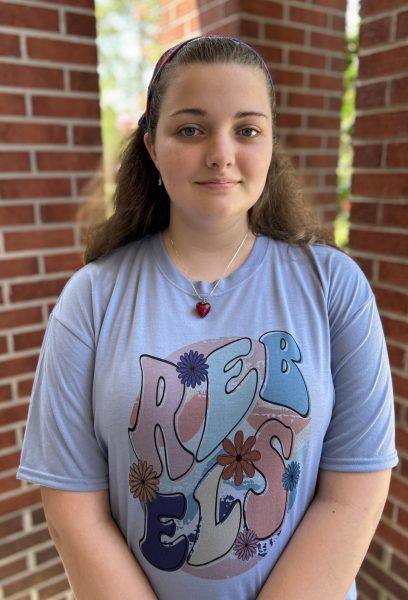School shootings have become common.
Fifty years ago, it simply did not seem fathomable in the United States to have to carry the weight of these words. Yet as the casualties of K-12 school shootings approaches 50 in 2024 alone, such words have become a terrible reality- one that is inescapable. Over 20 schools in the United States have been impacted by gun violence in some way since the start of the year. Last year, there were 82 cases, 52 of which were reported on K-12 campuses. Thirty-Eight of the 82 resulted in injury or death. And with the recent Apalachee High School shooting on Sept. 4 as evidence, there is no denying that these things are more common than anyone could have ever anticipated. Yet the same occurrence begs the question: Is the weight truly being felt?
Day by day, the numbers stack up. The issue is, as this happens more frequently, it becomes increasingly difficult to view it as more than just that- numbers. Phones are opened, the news is received, statistics are viewed and heads shake- but things carry on as they always do. Another normal day follows.
What is difficult to acknowledge is the fact that regarding the parents of the dead, it was supposed to be a normal day for them as well. Yet the morning’s “Goodbye” ended up being heavier than anyone could have anticipated. For the children themselves, it was supposed to be a normal day. It was supposed to be a normal day- yet it became their last.
Empathy is what allows this connection to be made. When there is a lack of names to match to the numbers- where is empathy then?
When something becomes common enough, the human brain simply learns to nullify its effects, and this is no exception. Things like repeated news stories, jokes on social media and routine safety procedures are actively subjecting the general and more specifically the student population to desensitization.
The idea of someone, often kids themselves, going into a place like school, the gateway to someone’s future, and killing students in multiples represents something terrifying yet true: a loss of innocence. Worse is that, as this desensitization spreads, it becomes more evident that a loss of innocence can result in more ways than one. Students across the country are the same age, and yet they are exposed to a world in which these things are so common that they have set into motion a response of numbness. A high schooler experiencing this numbness over such a tragic matter is also considerably a loss of innocence.
There is no denying that the burden of these issues is painful. And there is no good in letting said burden dictate one’s life. That does not make it any less important; however, to remember the child behind every statistic.
They had a name, they had a face, and they had a future- that was not enough to save them, but it is crucial for it to be enough for them and their families to be honored.

